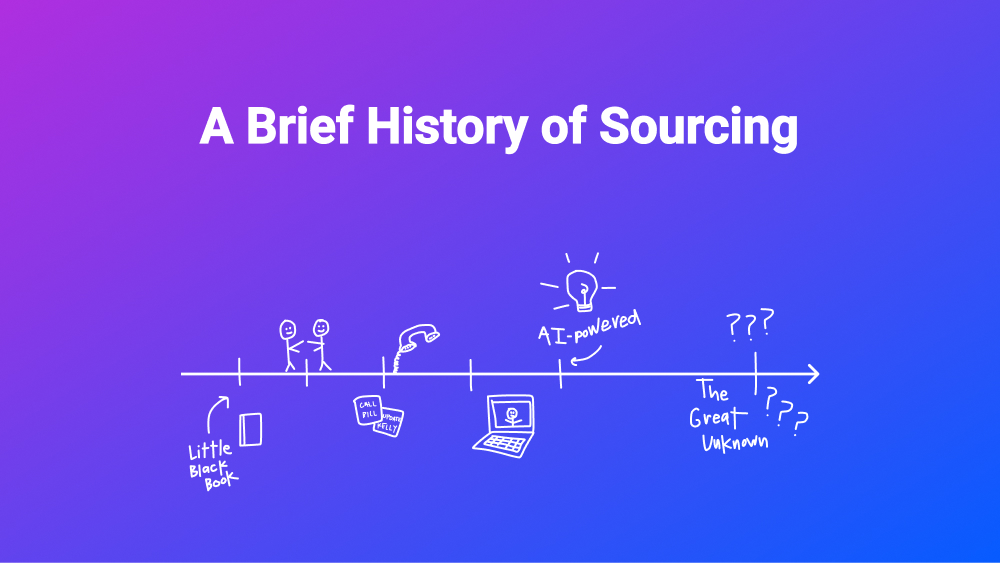Recruiting status reports ensure a positive and transparent relationship between recruitment agencies and clients.However, often, these reports help clients quantify their progress and manage deliverables to keep them in a good place.Status reports ensure that clients and agencies are on the same page, ensuring that no candidates slip through the cracks.
What is a Recruiting Status Report?
A recruiting status report details the progress made on a project over a given period. Reports help clients feel good and organized when reviewing, interviewing candidates, and making hiring decisions. Whether weekly or monthly, status reports need to guide clients and build confidence in your company's abilities.
Here are some Datapoints that your status report should have.
- The recruitment project's stage is currently in (sourcing, interviewing, offer negotiation, etc.).
- Interviews completed and scheduled: candidates interviewed, interviewers present, and outcomes of these interviews for each candidate.
- The activities performed and deliverables completed since the last progress report by individual recruiters assigned to the client's search project.
- The client's hiring team (interviews performed, candidates approved, etc.), the dates of performed actions, and the people responsible.
- Satisfying client demands. Example (sourcing for X and Y skills, sourcing a candidate from a competitor, beginning interviews by X date, etc.)
- Meeting of SLA (Service Level Agreement) requirements: communication practices agreement, minimum candidate quality/quantity, time per interview, etc.
- Job advertising spends vs. total budget.
- Shortlist of top candidates (candidates with X and Y experience).
- Research indicates an update to the client's candidate requirements (if this is the case).
- Giving the client explanations why no candidates have met the criteria for the position (if this applies).
Including all of the data points we've listed in your report will make your clients happy. However, the more detailed the information and the more frequent, the more time you are not spending time working on the project. When deciding how thorough your agency's status reports should be, always balance clients' desires with the time you and your recruiters demand to prepare these reports.
Are Recruitment Status Reports Still Necessary?
Recruiting status reports help ensure good client relationships by giving them essential information on your progress, but they can be a challenging time suck for your recruiters when prepared manually.Ultimately, Recruiters write status reports instead of completing tasks to move the recruitment project forward.The procedure will eat away at recruiters' efficiency and the hiring process's speed if they are preparing weekly reports for multiple clients.So, are recruiting status reports still necessary?Yes and no.Should you update your clients with data demonstrating your progress with their recruiting project?Yes.Is it necessary for this data to be prepared manually and input into a template labeled "recruiting status report?No.So, while the information provided in a recruiting status report is indispensable for keeping clients satisfied, collaborative, and up-to-date, the writing format is secondary.
The Future of Recruiting Status Reports
There will be no recruiting status reports, only recruiting project status data that are easy to share with your clients. Loxo is an all-in-one recruiting platform that eliminates the time-consuming process of preparing recruiting status reports by creating sharable reports in minutes.With Loxo, exporting a status report from your dashboards is easy!Instead of dropping what you're doing to start an impromptu report for an impatient client, you can provide the information your clients want the minute they ask for it.To see how easy it is to prepare sharable recruitment project data for clients, schedule a demo of Loxo, and we'll show you how it's done.
Become a hiring machine
Ready to see for yourself how Loxo can transform your recruitment workflow and make you more efficient than ever before? We thought you might be.




